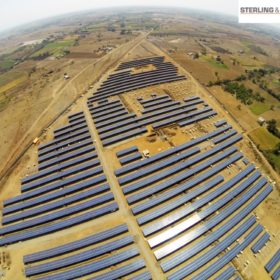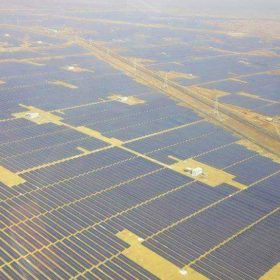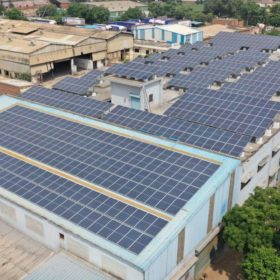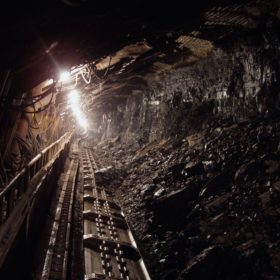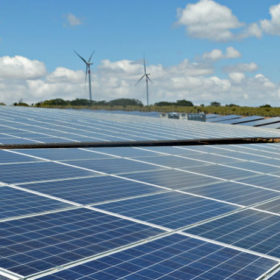India will need 125,000 km2 land to achieve its renewable targets, says TNC research
The land required to meet India’s 2022 renewable energy target ranges from approximately 55,000 to 125,000 km2, or areas roughly the size of Himachal Pradesh or Chhattisgarh, respectively. This much land is likely to impact 6700–11,900 km2 of forest land and 24,100–55,700 km2 of agricultural land. The good news is that India’s already degraded lands have the potential of 1789 GW, which is more than ten times the 175 GW target.
Budget 2020: TERI’s wishlist for solar, storage and more
Increased funding under the KUSUM Scheme to create further markets in farmland solar, viability gap funding to promote installation of grid-connected battery storage, and R&D support to zero-carbon technologies for cement and steel sectors would take India ahead on the green path—says the sustainability thinktank.
Andhra Pradesh: Care Ratings puts 26 renewable developers on negative watch
Ratings may be downgraded if there is a persistent delay in resolving the tariff related dispute or any adverse revision in the tariffs by the state regulator and/or continued delays in receipt of payments from DISCOMs.
Rajasthan set to take the solar crown in 2020
Norwegian analyst Rystad Energy has predicted the stop on PV tenders in Karnataka will see Rajasthan become India’s leading solar state this year. The market research firm expects India to add only 10 GW new solar in 2020, however, and the same figure in 2021.
‘India will add 14 GW of solar this year’
The annual global outlook report for solar published by IHS Markit notes there was no real uptick in the amount of new capacity added last year, compared with the returns seen in 2018. That is likely to kill any hope India has of overtaking the U.S. as the world’s second biggest solar market in 2020.
SECI tenders another 1.2 GW of grid-connected solar projects across India
Bidders can pitch for up to 300 MW of generation capacity per project with the deadline for proposals on February 4. The eighth tranche of inter-state transmission system program capacity offered by the Solar Energy Corporation of India comes with a solar energy price ceiling of Rs2.78/kWh.
After much criticism, Maharashtra issues final regulations restoring net-metering for rooftop solar
Net metering benefits are now allowed across categories, including commercial and industrial consumers. Further, under net metering mechanism, consumption limit of 300 units for the residential category has been removed. This will help consumers set off their entire consumption against their system’s self-generation, benefiting them greatly.
PM’s office reportedly considering waiving carbon tax on coal
As Germany shuttered another of its nuclear power plants on New Year’s Day, Narendra Modi’s office was said to be considering a proposal which would make coal more competitive with renewables in India.
Solar set for boom after a gloomy 2019
Solar installations in year 2020 are set to exceed 10 GW after a year hit by political uncertainties, module price increases associated with safeguard duty and a fewer number of awarded tenders. The outlook for battery energy storage installations for solar projects, however, is bleak as such combinations in India can cost 3-5 times more in 2020 than standalone renewable projects.
Nuanced renewables need novel risk solutions: India Ratings
While stress in the renewable sector can only be averted if long-term viability of the project is intact, prevention of default due to issues temporary in nature is also the need of the hour—says a report by the ratings agency.
